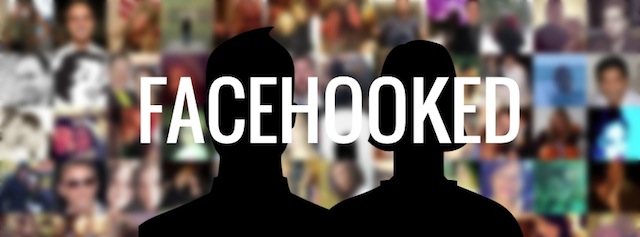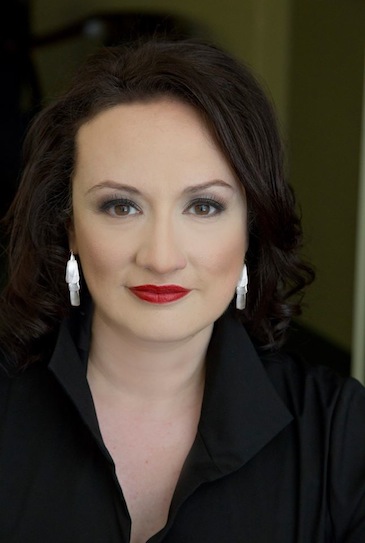'Facehooked' Offers A Psychological View Of Facebook And Addiction
By Jaclyn Bauer in Arts & Entertainment on Sep 30, 2014 9:00PM

Chicago-based psychologist Dr. Suzana Flores explores the mental, emotional and often detrimental effects of Facebook in her first book Facehooked: How Facebook Affects Our Emotions, Relationships, and Lives. Flores offers both advice and psychological perspective while also including case studies and testimony from Facebook users of all ages, locales and backgrounds.
Facehooked, while most definitely a critique of contemporary media driven culture, looks at the issues associated with social media and other forms of technological communication from a very realistic and level-headed viewpoint. Flores does not by any means advocate for the dissolution of the site; rather, she “help[s] readers understand how Facebook is affecting us personally and globally,” while also calling on users to rethink their relationship to Facebook and other social media outlets.
Flores focuses on a variety of issues associated with Facebook including the self-editing process, the issue of performance and addiction to name a few.
From the simplest of decisions, such as deciding to post one photo and not another, we engage in a constant exchange of self-edited content. Flores argues that this directly interrupts the social process of forming relationships. Not only are we are now divided by a screen, but we also receive false impressions of our friends’ lives due to the lack of an authentic mode of sharing. We share what we want to share and no more.
Similarly, digital media platforms allow us to create personas entirely separate from ourselves. We can alter our photos or post fake photos; we can alter our career or how we want people to think we feel about our career. Flores notes that “even those of us who don’t exaggerate who we are online, edit ourselves in some way.” This not only affects the way we interact with others, but the way that we think about ourselves: it feeds our need for attention in the form of “likes” and “friends.”
True to the title of her work, Flores also spends a significant chuck of time discussing how addicted people really are to Facebook. There is the phenomenon of FOMO (Fear of Missing Out) which propels people to scale the walls of social media hour after hour. There is also the fact that “our brains release a burst of dopamine whenever a post captivates us.” Now, in the midst of our digital age we are faced with disorders such as Internet Addiction Disorder (IAD), which “is associated with depression, suicidal behavior, obsessive compulsive disorders, eating disorders, attention deficit/hyperactivity disorders, as well as alcohol and illicit drug use.”
While it is clear that many of the people that Flores profiles, as well as those mentioned in the statistics above, have deep seated psychological issues which probably incite or at least encourage such behavior, the concerns that are raised in Facehooked are made no less pertinent. In our digitally driven culture we are faced with a host of issues, disorders and blockades that our ancestors never had to experience. In fact, Flores points out that it is not Facebook that causes these issues and that if it was not social media, it would be another activity or another culturally driven experience that would be the platform for equally unhealthy behavior.
Flores does an excellent job of recognizing both sides of the social media coin noting that “the primary purpose of Facebook…should be one of positive and personal growth.” Further, Flores’ use of case studies and her own life experiences makes the book a very real and often emotionally charged piece of non-fiction.
Published by Reputation Books, Facehooked will be released this Wednesday, Oct. 1 as an eBook. You can catch Flores at Open Books on Saturday, Oct. 18 or at Powell’s Books on Saturday, Nov. 1.
